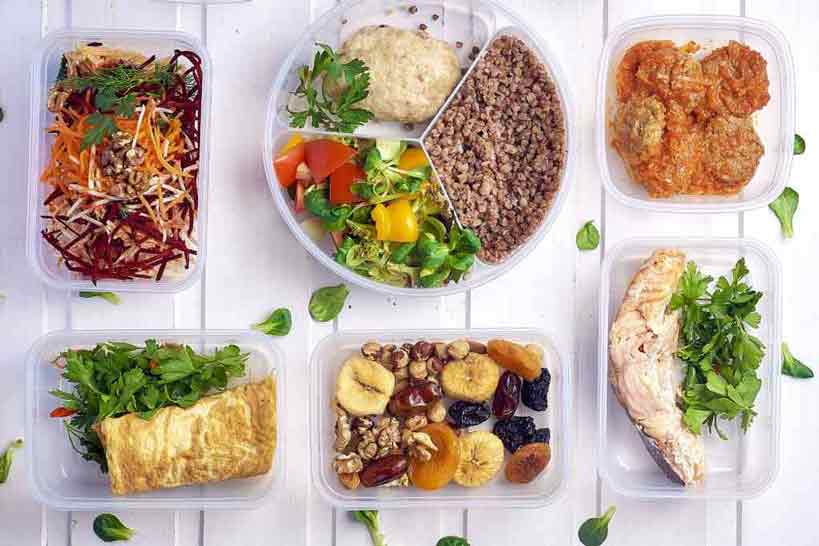Can you follow a long term diet after gastric bypass surgery? That’s a question a lot of people ponder when they are faced with the possibility of having their surgery. The short answer is yes, you can. Many people find it hard to imagine life without food and with that kind of thought, I’m sure you might be thinking of ways you can stay in good health when you don’t have all the food in the world. Fortunately, there are many things you can do if you want to make sure you get everything back on track again.
It used to be said that weight loss takes a long term diet after bypassing a portion of your stomach. The truth is this isn’t the case anymore. Because of advances in our health and in the science of nutrition and weight loss, there have been many changes over the past couple of decades that can help you lose weight fast when you need it. You should still consult your doctor if you have any questions about your current level of health and the best course of action to take. But in general, there are some foods you can eat long term if you’re trying to put yourself on the right diet.
This may sound strange, but it’s true: There is a long term diet plan you can follow after gastric bypass surgery. Even if you were to stop eating all the junk food, processed foods and other sources of calories you are getting in each day, you can still eat something. It’s a matter of finding a food group you like and sticking to it. For example, if you are a vegetarian and you undergo gastric bypass surgery, you will still be able to eat fruits, vegetables, fish and nuts.
You probably won’t feel hungry as a result of following a long term diet after gastric bypass surgery, either. Your stomach will be substantially smaller. That’s because there will be no longer any inner tube where food gets digested. Your stomach will only need to deal with what comes up through the exit, which is a lot easier than before. However, the long term diet you follow needs to be carefully monitored to make sure you don’t overeat.
Most people can eat five small meals a day for the first few weeks. They can then start to eat larger amounts of food at meals time. The reason it’s important to do this gradually is that the smaller stomach you have means you won’t be able to eat too much food quickly. Overfeeding can lead to nutritional deficiencies and cause other health problems, so be sure to do the long term diet after gastric bypass surgery according to a doctor’s orders.
To find out what your stomach can handle, you’ll need to monitor how full you are. Count how many pounds you’ve lost so far and see if you’re still hungry. When you feel full, but still not hungry, slow down on the number of calories you eat. Eat an average of two small meals each day and slowly build up to three or four smaller meals. Be sure to get more protein into your diet so you can replace any foods that you might have neglected to eat as part of your long term diet after gastric bypass surgery.
Be aware of portion sizes. You’ll now be able to comfortably take in between one and two pounds of food at one sitting. Don’t eat any more than this in a given day. You’ll find this very difficult to do and will probably want to binge after meals a couple of times a week. If you do, be prepared for cravings and hunger.
As you follow your long term diet after surgery, keep in mind that you’ll eventually need to go back to your previous eating habits. It’s not a matter of willpower. The surgery changed your digestive system, but it doesn’t mean you can turn your stomach into a second body. You’ll still need to eat and exercise your way back to health. But your new system allows you to eat healthier and exercise more effectively.






